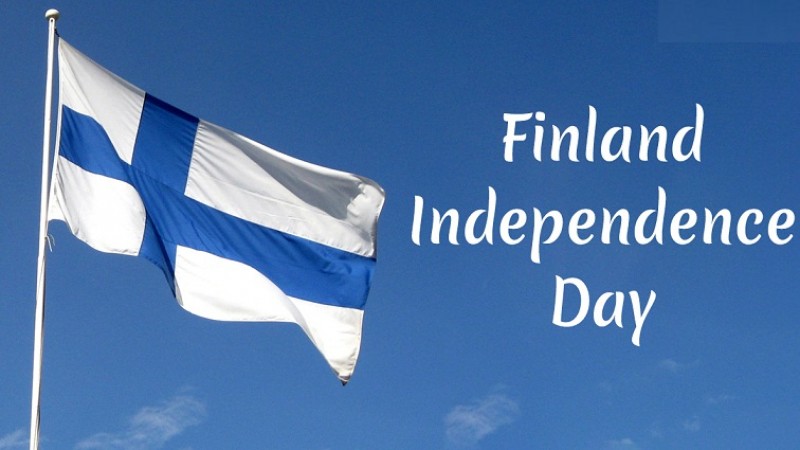
On December 6th, Finland commemorates its 106th Independence Day, marking a historic journey from a region under Russian rule to a sovereign nation. The story of Finland's independence is a testament to the unwavering spirit and resilience of its people, who persevered through decades of struggle and upheaval to assert their right to self-governance.
The early 20th century saw Finland locked in a quest for independence. For over a century, from 1809 to 1918, Finland existed as an autonomous Grand Duchy within the vast expanse of the Russian Empire, having been ceded from Sweden to Russia. Under Russian rule, Finland had maintained a degree of self-governance, nurturing its unique cultural identity and national aspirations.
However, as the tides of history shifted during World War I and the tumultuous era of the Russian Revolution, Finland's aspiration for complete independence gained momentum. The turmoil in Russia provided an opportune moment for Finland to declare itself an independent state.
The year 1917 marked a pivotal turning point when, amidst the chaos of the Russian Revolution, Finland seized the chance to affirm its sovereignty. On December 6, 1917, the Finnish Senate, under the leadership of Pehr Evind Svinhufvud, declared Finland an independent republic. This declaration laid the groundwork for the establishment of an independent Finnish state, free from external dominion.
However, the road to full independence was fraught with challenges. The aftermath of World War I was turbulent, and Finland found itself embroiled in a bitter civil war between the Reds and the Whites, reflecting ideological divisions within the society. This conflict was a painful chapter in Finland's quest for self-determination, causing immense loss and suffering. Nevertheless, the resilience of the Finnish people prevailed, and the nation gradually emerged from the turmoil, embracing a unified vision for its future.
Since gaining independence, Finland has flourished as a modern, progressive, and democratic nation, fostering innovation, equality, and social welfare. Its commitment to education, technology, and sustainable development has earned it global recognition as a leader in various fields.
Today, on the occasion of Finland's 106th Independence Day, the nation reflects on its rich heritage, celebrates its achievements, and honors the sacrifices made by those who fought for freedom. The Finnish people's dedication to preserving their culture, language, and democratic values stands as an inspiration to the world.
As Finland looks toward the future, it remains committed to upholding the principles of peace, equality, and solidarity both within its borders and on the international stage. The journey from a Grand Duchy to an independent republic has been a remarkable saga of resilience, unity, and determination, embodying the spirit of the Finnish people.
On this auspicious day, Finland reaffirms its commitment to fostering a brighter, inclusive, and prosperous future for generations to come, echoing the words of Finnish statesman and author, Urho Kekkonen, who said, "Peace cannot be kept by force; it can only be achieved by understanding."
This Day in History: UNESCO Recognizes Vietnamese Art Form Đờn Ca Tài Tử